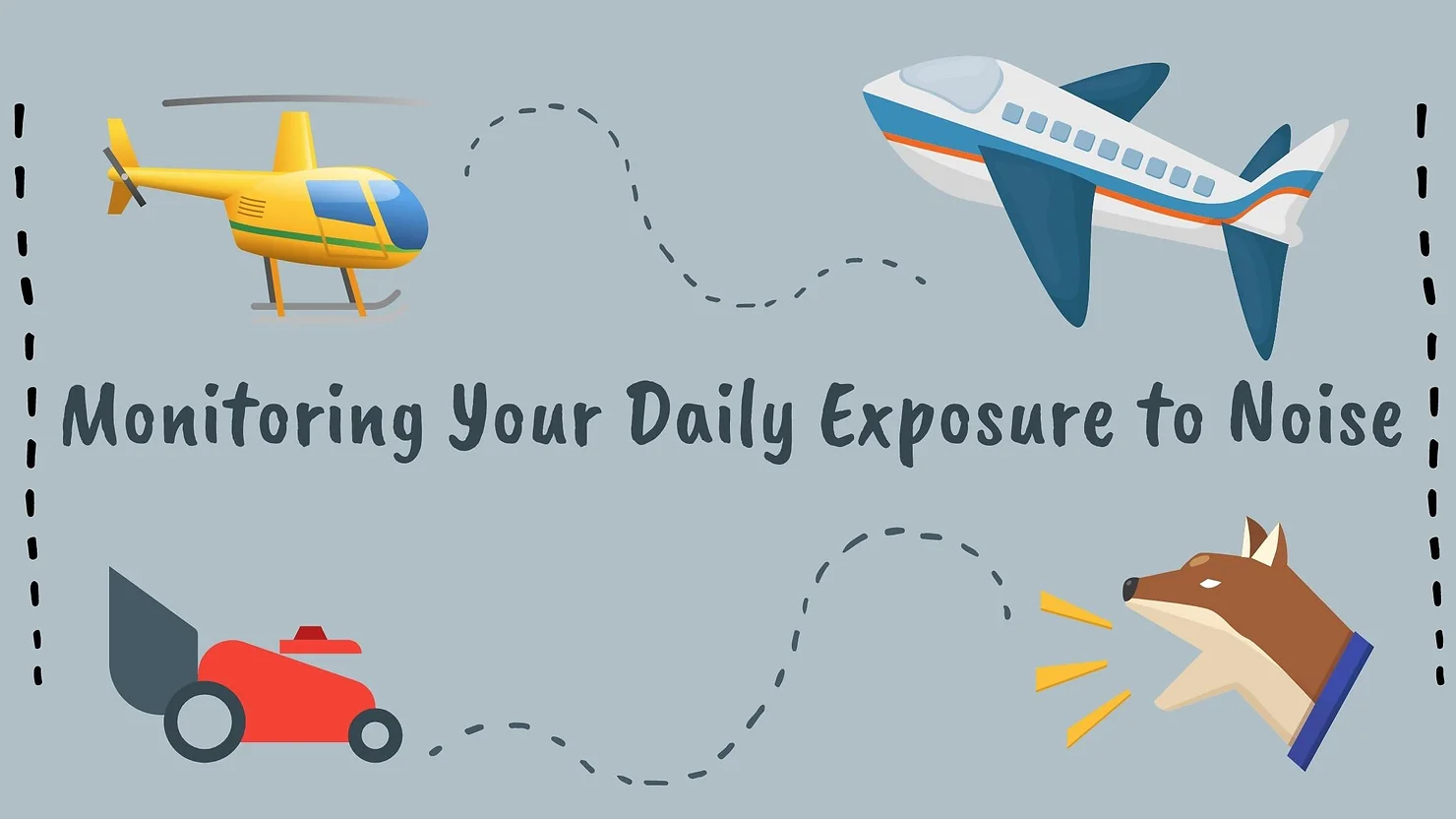
Hearing loss is commonly associated with age, however, there are other risks to your hearing which contribute to this. Of the 48 million people in the US with hearing loss, 40 million show signs on hearing tests that suggest noise-induced hearing loss (NIHL). NIHL is caused whenever you are exposed to noise with exceeds a certain limit and affects people of all ages. It is estimated that as many as 17 percent of teens (ages 12 to 19) have features of their hearing test suggestive of NIHL. With this growing threat to the hearing of people across generations, it is important to monitor noise exposure, daily. Many people are not aware of how much noise they encounter daily, and this keeps them from taking the proper precautions to protect their hearing.
Understanding Decibels
NIHL occurs when noise surpasses a certain threshold, which creates vibrations in the ears which cause permanent hearing damage. Sound intensity is measured in decibels (dB) and any decibel level over 85dB can start to damage your ears. The louder the sound becomes, the less time it takes for damage to occur. For instance, most people can withstand exposure of 85dB for about 8 hours before damage starts. Interestingly enough, the way we perceive the loudness of sound doubles with every ten decibels. The loudness of normal human conversation is about sixty decibels. However, if you shout into someone’s ear, it can register at about 115 decibels and this is loud enough to cause damage to the auditory system.
How Sound Effects the Auditory System
It’s amazing and fragile the way our hearing works. When everything is going smoothly, sound is collected by the outer ear and sent to the inner ear through a series of vibrations. Eventually, it reaches the cochlear, which is a tiny snail-shaped organ filled with fluid. The vibrations from sound cause ripples which move tiny hair-like cells called stereocilia. The stereocilia are then responsible for converting these vibrations into electrical pulses which are sent to the auditory cortex for processing and sound comprehension. However, when sounds are too loud, they cause the stereocilia to break or become destroyed as they vibrate against the membrane which holds them. This slowly over time will conglomerate into NIHL.
Daily Noise Exposure
To prevent irreversible damage to your hearing, it is important to be aware of your daily exposure. Many of us don’t realize we are damaging our hearing because it occurs over time. By the time our hearing loss is noticeable, it may be hard to hear, even in the most ideal of situations. One way you can monitor your sound exposure is by using a Smartphone. You can download a free app to measure the decibel reading in the places you frequent most. This could not only include your home but your place/places you work, your commute, and during leisure and hobbies. You may be surprised by how loud your world is. For instance, the noise of highway traffic on your commute can range from 70 to 80 dB at 50 feet away. If you drive with the windows open this can easily surpass 120dB causing significant hearing damage before you even arrive at your destination.
Preventing Hearing loss
Chances are that you probably are being exposed to excessive noise throughout a normal day. Our world is becoming increasingly louder. One of the most unrealized culprits of NIHL for a younger generation is personal listening devices such as Mp3 players and Smartphones. These can easily generate 100 decibels or higher for hours on end, prematurely causing hearing loss. It’s a good idea to keep the level on these devices no higher than 60% of its potential volume and take listening breaks at least every hour. In addition, If you find that a location you frequent daily exceeds a level of 85dB or more, be sure to wear hearing protection. Most hearing protection can limit sound from 15 to 33 dB which can make a huge impact, especially over time.
Treating Hearing Loss
If you do suspect that you have a hearing loss, the good news is that it is very treatable. Those who treat their hearing loss, enjoy clear communication and all the emotional, physical, and mental health benefits that come along with that. Don’t wait for your hearing loss to become worse! Protect your hearing now and schedule a hearing test today.
